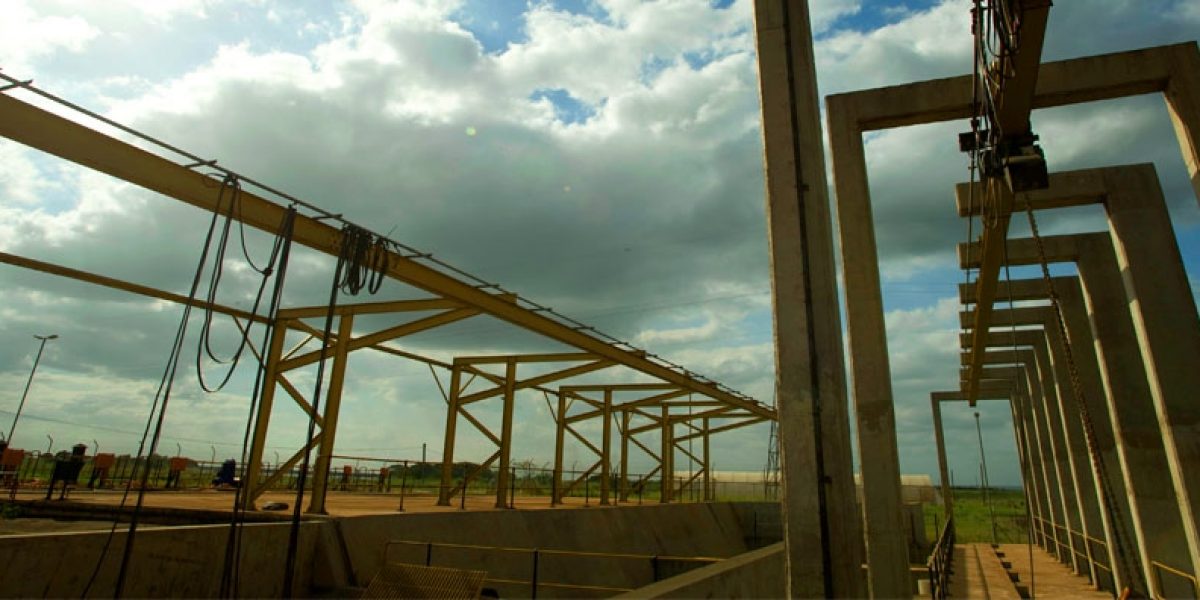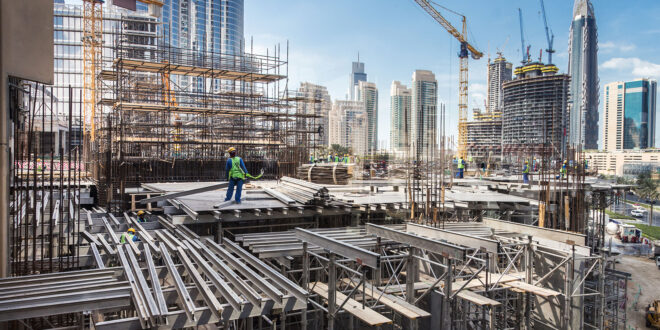South Africa is a country that is continuously striving to develop and grow. With infrastructure development being an integral part of the journey, many building blocks need to be put in place for economic growth.
From improved transportation networks and increased access to electricity, South Africa is investing in its future by developing strategies that will help create stability and opportunity. This article will discuss the importance of infrastructure development in South Africa and how it contributes to overall growth.
Through understanding the challenges faced when creating resilient structures, as well as exploring specific initiatives implemented across different regions, this article seeks to provide insight into how South African citizens can benefit from these advances.
Overview of Infrastructure Development in South Africa

Overall, infrastructure development in South Africa is a complex and multifaceted issue. Despite the various challenges faced when striving to improve access to basic services such as electricity and water supply, the country is making progress thanks to initiatives like Operation Phakisa which have been launched recently to accelerate progress within key priority sectors like energy production.
In addition, investments from private sector resources while developing new partnerships between both local businesses and international investors are helping drive these projects forward too. This investment will help ensure that citizens can benefit directly today as well as those far down the line tomorrow through increased productivity caused by greater access to high-quality public works all across the nation.
The Need for Improved Infrastructure and its Benefits
South Africa’s infrastructure is in desperate need of improvement and modernization. From roads to telecommunications networks, South African cities are struggling to keep up with the rest of the world. The poor state of these networks has been a major impediment to economic development, hampering growth and preventing businesses from achieving their full potential.
The benefits that improved infrastructure can bring are wide-ranging. Improved road and rail links would reduce journey times between locations; upgraded digital communications systems would allow for faster data transfer speeds; better broadband access could lead to more online services being available; enhanced water and sewerage networks mean better access to clean drinking water; lastly, efficient electricity grids enable more reliable power supply across larger areas.
All of these improvements would increase productivity by making it easier for people and businesses alike to do their work quickly and effectively – allowing them greater opportunities for success in the global economy. Furthermore, increased investment in infrastructure projects can create employment opportunities as well as generate revenue through taxes – helping local governments raise funds that can be used for other public services such as healthcare or education budgets.
In short, investing in improved infrastructure is essential if South Africa wants its citizens to benefit from economic growth while still maintaining high standards of living – something that only good quality public works can provide. With careful planning and strategic implementation, this country will be able to make sure that its vital building blocks are firmly set into place so that future generations may reap even greater rewards than ever before!
Challenges to Infrastructure Development in South Africa

South Africa faces many challenges when it comes to infrastructure development. The country’s economy has been struggling in recent years, leading to a lack of resources for necessary projects.
Furthermore, the poverty rate is high and education levels are low meaning that skilled labor is often hard to find or too costly for certain projects. Political instability also hinders progress as government policies can change quickly, making long-term investments uncertain. Lastly, infrastructure development requires detailed planning and oversight which can be difficult due to corruption and mismanagement at the local level.
These challenges have prevented South Africa from unlocking its full potential when it comes to infrastructure growth but there are still opportunities for progress if addressed properly.
Tourism and Casinos: A New Hope for South Africa

South Africa is a country with great potential for economic growth. Infrastructure development has long been seen as the key driver of this growth, and now it appears that tourism and casinos are emerging as new sources of hope.
The tourism industry in South Africa is booming, with tourist numbers increasing steadily year on year. This influx of foreign visitors brings much-needed income to the country’s economy, while also providing a platform for local businesses to thrive on the back of increased customer demand.
From luxurious five-star hotels to quaint bed & breakfasts, there is something for everyone when holidaying in South Africa. Additionally, casinos offer an exciting form of entertainment that can attract large crowds from both within and outside the country’s borders – giving yet another boost to the nation’s coffers.
Not only do these industries provide financial benefits but they also bring significant job creation opportunities across many areas such as hospitality management and event planning. Moreover, sound infrastructure combined with well-regulated gaming venues makes tourism activities more accessible than ever before – helping to ensure continued business success into the future.
As South Africa continues its journey towards greater economic stability and prosperity, investment in infrastructure will remain essential – but it appears that tourism and casinos may just be able to play their part too in helping build up society’s foundations through sustainable development initiatives over time.
Conclusion

South Africa is making significant investments in infrastructure development to fuel economic growth and create much-needed jobs. Through initiatives such as the Infrastructure Investment Program, the South African government has increased spending on key sectors like energy, water, roads, and telecommunications.
This investment will not only benefit large businesses but also small entrepreneurs especially those operating in the online gaming industry such as real money slots which rely heavily on robust internet connections. The country’s commitment to invest in its infrastructure shows a dedication to improving living standards for all citizens of South Africa.
 HQ Grande Prairie HQ Grandie Prairie is an online news portal aimed at providing latest day to day happenings of the World to its viewers.
HQ Grande Prairie HQ Grandie Prairie is an online news portal aimed at providing latest day to day happenings of the World to its viewers.

